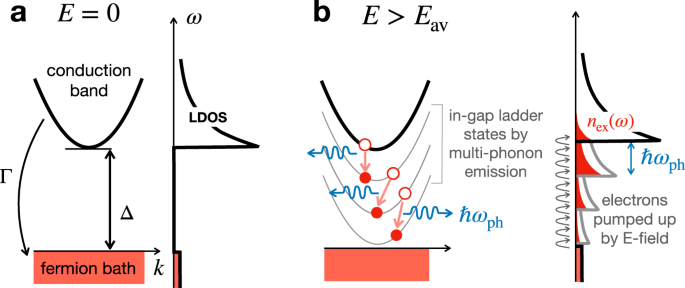2023-07-24 ピッツバーグ大学
◆研究では大きく柔軟な分子の温度依存の熱力学データを正確に計算するためのコンピュータフレームワークを開発し、プラスチックのピロリシスによる生成物の分布を予測する手段を提供しました。この研究により、プラスチックリサイクルの効率が向上し、環境への悪影響を軽減することが期待されています。
<関連情報>
- https://news.engineering.pitt.edu/advancing-chemical-recycling-of-waste-plastics/
- https://pubs.acs.org/doi/10.1021/acs.jctc.3c00265
熱分解解析のための柔軟性の高い分子の初期熱化学的研究 Ab Initio Thermochemistry of Highly Flexible Molecules for Thermal Decomposition Analysis
Hyunguk Kwon and Giannis Mpourmpakis
American Chemical Society Journal of Chemical Theory and Computation Published:June 13, 2023
DOI:https://doi.org/10.1021/acs.jctc.3c00265
Abstract

Pyrolysis is a promising technology for chemical recycling of waste plastics, since it enables the generation of high-value chemicals with low capital and operating cost. The calculation of thermodynamic equilibrium composition using the Gibbs free energy minimization approach can determine pyrolysis operating conditions that produce desired products. However, the availability of thermochemical data can limit the application of equilibrium calculations. While density functional theory (DFT) calculations have been commonly used to produce accurate thermochemical data (e.g., enthalpies of formation) of small molecules, the accuracy and computational cost of these calculations are both challenging to handle for large, flexible molecules, exhibiting multiple conformations at elevated (i.e., pyrolysis) temperatures. In this work, we develop a computational framework to calculate accurate, temperature-dependent thermochemistry of large and flexible molecules by combining force field based conformational search, DFT calculations, thermochemical corrections, and Boltzmann statistics. Our framework produces accurately calculated thermochemistry that is used to predict equilibrium thermal decomposition profiles of octadecane, a model compound of polyethylene. Our thermochemistry results are compared against literature data demonstrating a great agreement, and the predicted decomposition profiles rationalize a series of pyrolysis experimental observations. Our work systematically addresses entropic contributions of large molecules and suggests paths for accurate and yet computationally feasible calculations of Gibbs free energies. The first-principles-based thermodynamic equilibrium analysis proposed in this work can be a significant step toward predicting temperature-dependent product distributions from plastic pyrolysis and guide experimentation on chemical plastic recycling.



